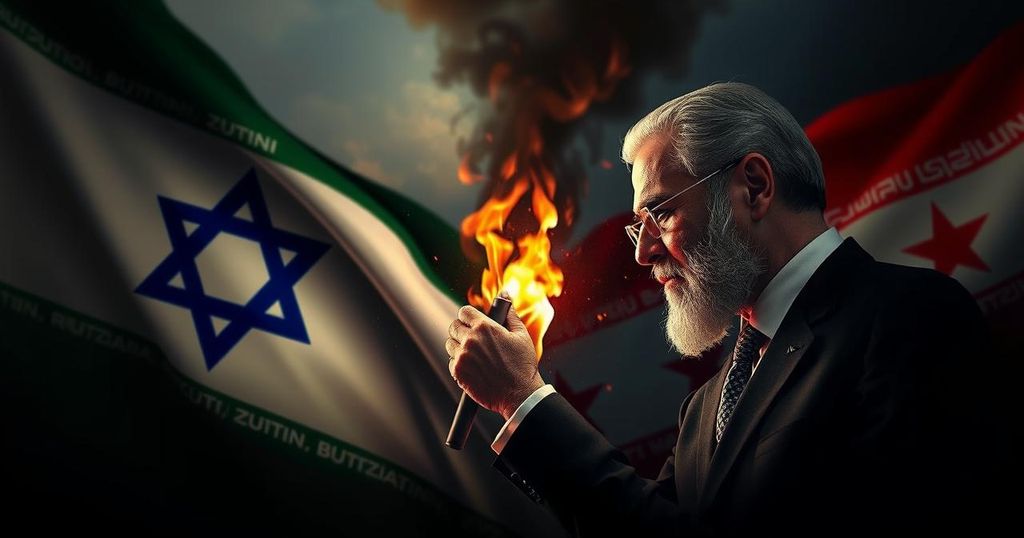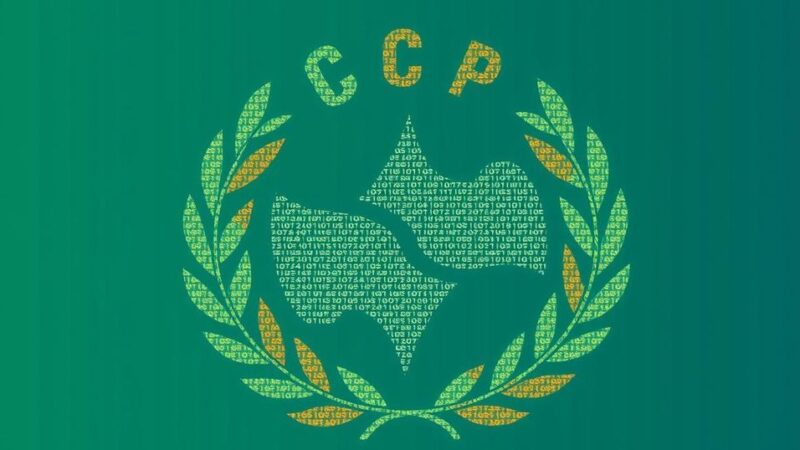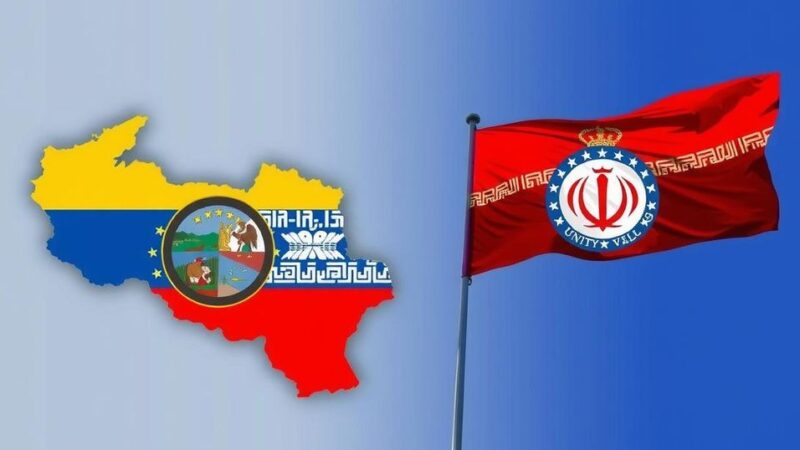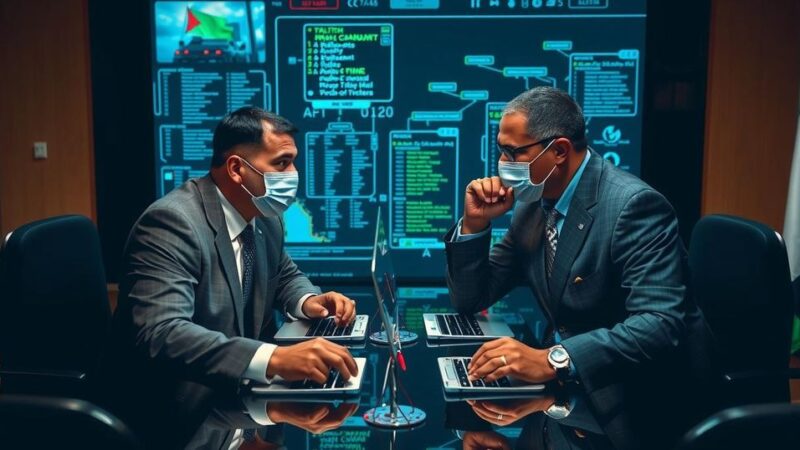Bashar al-Assad’s regime is attempting to maintain stability amid rising tensions between Israel and Iran, avoiding direct involvement in regional conflicts to prevent Israeli retaliation. Assad’s military weaknesses and historical alliances challenge his role in the Axis of Resistance, raising doubts about his reliability to Iran and Hezbollah. Ultimately, Assad’s focus remains on regime survival, illustrating the precarious balance he must achieve amidst external pressures and internal vulnerabilities.
In light of escalating tensions between Israel and Iran, President Bashar al-Assad’s Syrian regime seeks to navigate a precarious diplomatic landscape. With a civil war that has dragged on for thirteen years, economic isolation, and a diminished military capacity, Assad recognizes the risks associated with direct engagement in the conflicts in Gaza and Lebanon. Despite his historical alliances with Hamas and Hezbollah, Assad’s strategy has evolved towards avoiding direct confrontation with Israel, fearing significant retaliation that could destabilize his already precarious governance. As Israel intensifies its military operations against Iranian affiliates in Syria, including heightened airstrikes, Assad’s apparent reluctance to retaliate is perceived as a sign of weakness and raises questions regarding his position within Iran’s Axis of Resistance. Analysts, including Aron Lund, note that the rate of Israeli strikes has escalated sharply over the past year, with Syria largely powerless to deter them without inviting further escalation. The Syrian regime’s current military inadequacies prevent effective participation in these regional conflicts, especially given its fragmentation due to internal strife and external pressures. This reality is compounded by the deteriorating relationship between Assad and Hamas since the latter sided with the Syrian opposition in the early stages of the civil war. Despite Iranian and Russian support, Assad is acutely aware that escalating tensions with Israel could prompt devastating consequences. As such, he appears committed to a role that does not provoke direct Israeli aggression while maintaining the crucial strategic supply routes essential for Hezbollah’s operations. Nonetheless, this approach raises critical questions about his reliability as an ally of Iran and Hezbollah, as tensions among these actors continue to develop. Furthermore, Assad’s past desires to reestablish ties with the international community complicate his interactions with Iran, leaving him to balance prudently between acknowledging his dependencies and managing regional expectations.
The geopolitical context surrounding Syria has transformed significantly since the onset of the civil war in 2011. Bashar al-Assad’s regime has relied heavily on Iranian support for military survival. This alliance has facilitated Iran’s positioning of proxy forces throughout the region, utilizing Syria as a vital conduit for logistical and military supplies to groups such as Hezbollah. However, repeated Israeli airstrikes targeting these assets have left Assad in a vulnerable position, fundamentally questioning the nature of his alliances amidst a regional backdrop marked by increasing tensions between Israel, Iran, and associated proxies. The Syrian regime’s weakened military prowess, after over a decade of conflict, coupled with broader economic difficulties, necessitates a more cautious approach to regional engagement, particularly with Israel’s aggressive posture.
In conclusion, President Assad’s current strategic stance illustrates a complex balancing act amid escalating conflicts in the region. His prioritization of regime preservation over direct military involvement reflects the harsh realities of his weakened governance and the threats posed by regional developments. While he remains tethered to Iran and its proxies, the significant risks associated with escalation compel Assad to adopt a more restrained, if passive, role in these confrontations. The intricacies involved in these international relationships highlight the fragility of his regime and the potential consequences should he miscalculate his position in this volatile geopolitical landscape.
Original Source: www.arabnews.com






